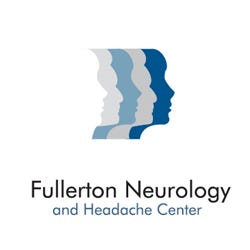There are more questions than answers.
Research in anti-amyloid beta monoclonal antibodies has been ongoing for 15 years. In the pipeline are 16 anti-amyloid and 11 anti-tau antibodies in clinical trials.
What we do know:
1. All the antibodies are effective in removing amyloid or tau, the intended targets.
2. The link between amyloid plaques and cognitive decline is only indirect.
3. FDA approval of the only currently available antibody was based on the surrogate marker of amyloid removal.
4. All studies showed statistically significant but clinically non-relevant improvement in cognitive outcomes.
What we don’t know:
1. Can we identify the individual patients who will truly benefit?
2. Do the amyloid-related adverse effects of cerebral edema or hemorrhage result in long-term harm?
3. Is treatment of genetically at-risk but asymptomatic patients the answer?
Most importantly will another 15 years and many billions of dollars ever bear fruit or should we abandon the amyloid approach altogether? And replace it with what?
See the “Systematic Review” by Lacorte et al in Journal of Alzheimer’s Disease, 2022.
For more information please visit our Center’s Website.



Leave a Reply